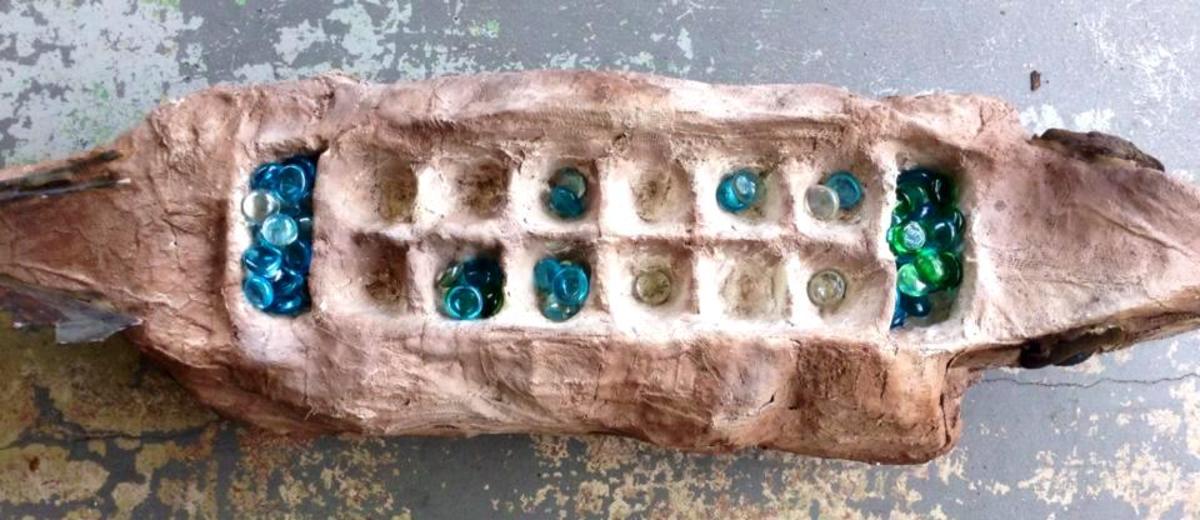

Kalah is a relatively simple game, but it requires careful planning and strategic thinking to succeed.Ĭongkak is a Mancala variant that is played in Southeast Asia, particularly in Malaysia and Indonesia. The game is played on a board with two rows of six pits, and the objective is to capture more seeds than one's opponent. Kalah is a popular Mancala variant that is played around the world. Bao is a complex and challenging game, with many different rules and strategies to master. Bao is played on a board with four rows of eight pits, and the objective is to capture all of your opponent's seeds. In Oware, players can capture seeds not only from their opponent's side of the board but also from their own side, making the game more dynamic and strategic.īao, on the other hand, is a Mancala variant that is played primarily in East Africa, particularly in Tanzania and Kenya. Oware is a variant of Mancala that is played in West Africa. Some of the most popular Mancala variants include Oware, Bao, Kalah, and Congkak. The game can be played with a variety of different boards, each with its own unique layout and rules.

One of the reasons why Mancala has been so enduringly popular is its flexibility. Try to anticipate how your opponent will respond to your moves and plan your strategy accordingly. Plan ahead: Mancala is a game of strategy, so it's important to plan ahead and think about the consequences of each move. Try to keep at least one seed in each pit at all times. Look for opportunities to make big captures, especially if it means stealing seeds from your opponent's side of the board.ĭon't leave your pits empty: Leaving your pits empty can be a big disadvantage, as it gives your opponent an opportunity to capture your seeds. Try to anticipate their moves and plan accordingly, especially when it comes to capturing seeds.Īim for the big captures: In Mancala, capturing multiple seeds in one move can be a big advantage. Pay attention to your opponent's moves: Since Mancala is a two-player game, it's important to keep an eye on what your opponent is doing.

Try to choose a number that will give you an advantage, such as starting with fewer seeds if you want to play a more defensive game, or starting with more seeds if you want to play a more aggressive game. Start with the right number of seeds: In most Mancala variants, the game starts with a certain number of seeds in each pit. If you're looking to improve your Mancala game and increase your chances of winning, there are a few tips and strategies that you can keep in mind: The oldest known Mancala boards were discovered in ancient Egypt, and the game is thought to have spread from there to other parts of Africa and eventually around the world. The origins of Mancala are not entirely clear, but archaeological evidence suggests that the game has been played in various forms for thousands of years. Despite its simplicity, however, Mancala is a game of strategy and skill, with players using their wits and tactical abilities to outsmart their opponents. The game can be played with just a board and some seeds, making it easy to learn and play anywhere, at any time. One of the things that makes Mancala such a fascinating game is its simplicity. The game has a rich history and is played in many different forms and variations, but the basic gameplay and objective remain the same: to capture more seeds (or stones or beads) than one's opponent. Mancala is a family of board games that have been enjoyed by people around the world for thousands of years.


 0 kommentar(er)
0 kommentar(er)
